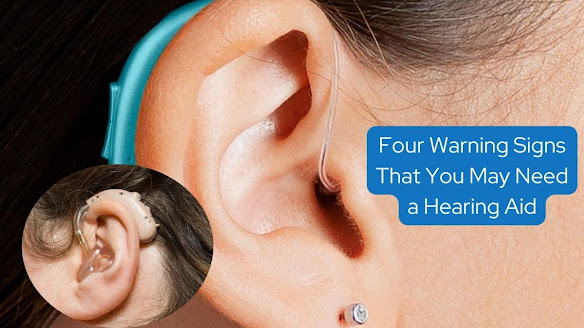Hearing aids are invaluable devices that enhance the quality of life for individuals with hearing loss. However, these sophisticated devices are sensitive to moisture, making the rainy season particularly challenging. To ensure your hearing aids function optimally, it is crucial to take extra precautions during wet weather. Whether you are using
hearing aids in Gurugram or have opted for top hearing aids in Jaipur, these tips can help you protect your devices from the detrimental effects of rain and humidity.
1. Invest in Waterproof Hearing Aids
One of the best ways to protect your hearing aids during the rainy season is to invest in waterproof or water-resistant models. Modern hearing aids come with various levels of water resistance, indicated by their IP (Ingress Protection) rating. An audiologist in Jaipur can help you choose the right waterproof hearing aids suitable for your needs and lifestyle.
2. Use Hearing Aid Covers
Hearing aid covers are an excellent accessory to shield your devices from moisture. These covers, often made from silicone or other waterproof materials, fit snugly over your hearing aids, providing an additional layer of protection. They are especially useful during unexpected rain showers or when humidity levels are high.
3. Carry a Dry Box or Dehumidifier
A dry box or dehumidifier is a must-have accessory for hearing aid users, particularly during the rainy season. These devices help remove moisture from your hearing aids overnight, ensuring they remain dry and functional. Regular use of a dehumidifier can prevent moisture-related damage and extend the lifespan of your hearing aids.
4. Keep a Hearing Aid Dryer Handy
For on-the-go drying, consider carrying a portable hearing aid dryer. These compact devices use gentle heat to evaporate moisture from your hearing aids quickly. They are perfect for travelers or for use after exposure to rain or high humidity.
5. Avoid Direct Exposure to Rain
When venturing out in the rain, take precautions to keep your hearing aids dry. Wear a hat with a wide brim or use an umbrella to shield your head from direct exposure to rain. Additionally, consider removing your hearing aids and storing them in a waterproof case if you anticipate prolonged exposure to heavy rain.
6. Store Hearing Aids Properly
Proper storage of hearing aids is crucial to prevent moisture damage. When not in use, store your hearing aids in a dry, cool place away from direct sunlight and heat sources. Avoid leaving them in the bathroom or kitchen, where humidity levels are typically higher. Using a dedicated hearing aid case can also protect your devices from accidental exposure to moisture.
7. Regularly Clean Your Hearing Aids
Cleaning your hearing aids regularly helps maintain their performance and prevents moisture buildup. Use a soft, dry cloth to wipe down your hearing aids daily, and follow the manufacturer's instructions for cleaning and maintenance. Avoid using water or cleaning agents, as these can damage the delicate components of your hearing aids.
8. Schedule Regular Check-Ups with Your Audiologist
Regular check-ups with your audiologist are essential for maintaining the health of your hearing aids. During the rainy season, it is especially important to have your devices inspected for any signs of moisture damage. An
audiologist in Jaipur or Gurugram can provide professional cleaning and servicing, ensuring your hearing aids remain in top condition.
9. Be Mindful of Humidity
Humidity can be just as damaging as direct exposure to rain. During the rainy season, indoor humidity levels can rise, potentially affecting your hearing aids. Use a dehumidifier in your home to keep humidity levels in check. Additionally, avoid storing your hearing aids in areas with high humidity, such as the bathroom or kitchen.
10. Keep Spare Batteries Dry
Moisture can also affect your hearing aid batteries, causing them to corrode or lose power quickly. Store your spare batteries in a dry, cool place and consider using a hearing aid battery holder with a built-in dehumidifier. Replace your hearing aid batteries regularly to ensure optimal performance.
Conclusion
Protecting your hearing aids during the rainy season requires a combination of preventive measures and proper maintenance. By investing in waterproof devices, using protective covers, and incorporating dehumidifiers into your routine, you can safeguard your hearing aids from moisture-related damage. Whether you are using hearing aids in Gurugram or have selected the top
hearing aids in Jaipur, following these tips will help you enjoy clear and reliable hearing, even in the wettest weather. Regular check-ups with your audiologist in Jaipur or your local area will ensure your hearing aids remain in peak condition, allowing you to continue experiencing the world of sound without interruption.



Comments
Post a Comment